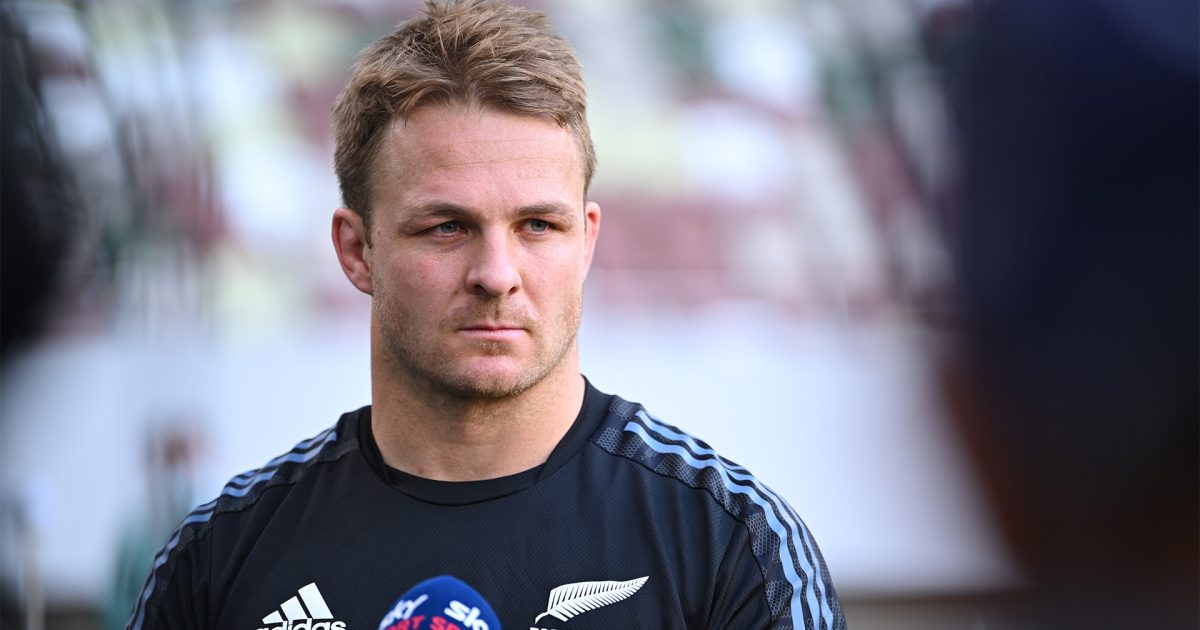How speeding rugby up could expose players' ability to 'think for themselves'

World Rugby have announced plans to speed the game up, releasing a shortlist of ideas for how to go about the change and while the intent has been popular amongst fans, the realities of what they might mean for the players is a speculative topic that’s starting to gain interest.
Throughout the recent international seasons, teams have adopted different strategies to manipulate the game into being played at their preferred pace.
The prevalence of injury stoppages and reset scrums as well as water breaks have contributed to less time with ball-in-play and therefore a diluted spectacle for fans.
New Zealand sports broadcaster Mark Watson joined Martin Devlin on The Platform and discussed what changes like the introduction of a ‘shot clock’ timer on set piece and a reduced tolerance for water breaks could mean for the players, especially those in leadership positions.
“The players these days are so overresourced that they actually don’t know how to think for themselves anymore,” Watson said.
“The waterboys are just basically running coaching messages out there the whole time, they’re just ‘do this do that’… get rid of them, let the players play the game. Let the players think and let the players go ‘actually, hang on a minute, now we came out here with plan A, the opposition’s not allowing us to do that, maybe we need to adopt plan B’ and actually empower these players to start thinking for themselves because I’m sick and tired of a team being down and it requires a half-time speech for them to come out and sort of right the wrongs.”
Martin Devlin referred to a previous interview with ex-All Black Justin Marshall – where the two had discussed the final ten minutes of the All Blacks‘ recent draw with England – to emphasise the questionable decision-making capacity of players in real-time.
“He (Marshall) said it was up to the senior players against England at that stage to take charge and go ‘okay, they are playing differently, this is how to do it’,” Devlin said. “And when I was listening to him I was thinking, well do these players these days actually think for themselves like that or do they just wait for the order from the coaching box, saying ‘can you please tell us how the game is actually manifesting here and what we’re actually meant to do?'”











































































The mens professional game has become a cynical, negative excercise in who can play the least amount of rugby while trying to induce the referee to penalise the opposition as the only means of securing field position. The game is taking the piss out of the live spectator, while the TV viewer is entertained by endless replays the poor live spectator is left watching players standing around. Get the game right for the live viewer and TV looks after itself not the other way round. Get rid of rolling mauls as they are just legalised obstruction, get hands out of the ruck, so eyes are up at collision, keep the TMO out unless called upon by the ref. Not every scrum is perfect - play on. Have unmanned water stations on the 10m line and if you want a drink go and get one. Minor injuries and "twinges" to be dealt with off the field. I wont be buying a ticket to any super rugby or test match footy any time soon!